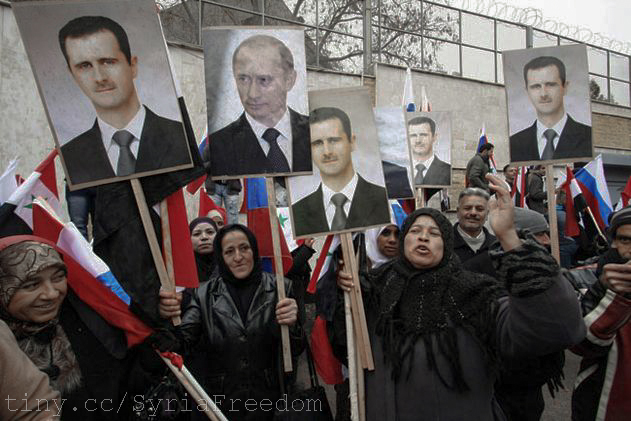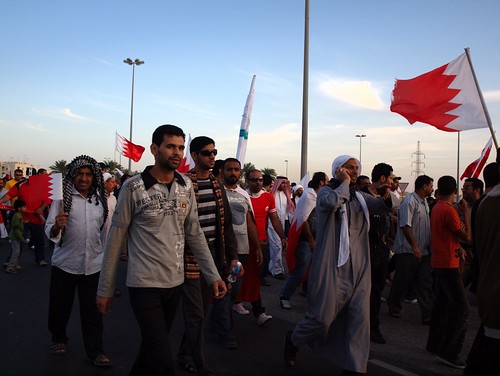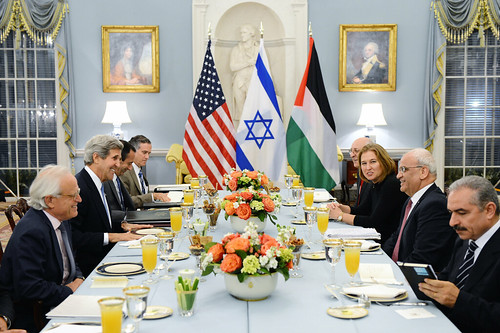
This post originally appeared on the World blog at Blouin Global News.
Russia has been Bashar al-Assad’s staunchest protector. Although the British parliament’s decision not to intervene militarily in Syria has disappointed Washington, as of writing it seems unlikely to affect its resolution to strike against the Assad’s regime. When it does so, it will inevitably anger Moscow and further contribute to its belief that the United States seeks to be a “monopolar” power that acts however it wants on the world stage.
But why has Moscow been so stalwart in its support of an undeniably odious regime? It is possible to talk glibly of a natural affinity between autocrats (although Vladimir Putin clearly still commands the support of a clear majority of Russians) or a fear of some global swing against authoritarian regimes (though there are many dominos between Damascus and Moscow that would fall first), the answer is a mix of pragmatism, fear and geopolitics.




